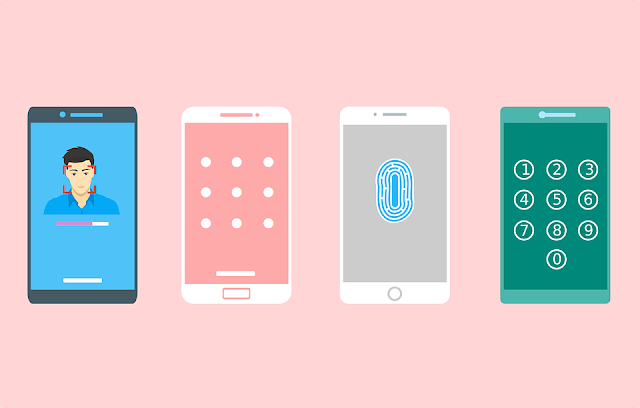Mobile Data Security: Insights from McAfee's 2023 Consumer Mobile Threat Report
Mobile devices are an essential part of our lives today. From staying connected with our loved ones to handling our finances and work-related tasks, smartphones have become indispensable. However, this convenience comes with a price.
As our dependence on mobile devices increases, so do the risks associated with mobile data security. In this blog post, we will explore some insights from McAfee's 2023 Consumer Mobile Threat Report and discuss how we can protect our mobile data.
According to the report, cybercriminals are getting more sophisticated in their approach toward mobile threats. They are using advanced techniques such as ransomware, malware, and phishing attacks to target mobile devices.
One of the primary reasons behind the rise in mobile malware is the increase in app usage. Malicious apps often masquerade as legitimate ones, making it challenging to identify them. Once they gain access to your device, they can steal your personal information or lock your device, demanding a ransom payment. Another alarming trend highlighted by the report is the rise of phishing attacks.
Cybercriminals are using social engineering techniques to trick users into providing their login credentials, credit card details, or other sensitive information. They do this by creating fake login pages that look identical to the original ones. Once you enter your details, criminals can use them to gain unauthorized access to your accounts.
McAfee's report suggests the following these things-
Stay safe from malicious apps
Millions of apps are available on the App Store and Google Play Store, but some of them may contain malware, which can provide hackers access to your device's data once downloaded.
McAfee's Mobile Threat Report advises that users should be particularly cautious when downloading image editors and photography apps, business and phone utility apps, gaming tips and cheats, and social media tools.
Users should also be wary of fake ChatGPT apps or those that claim to be powered by GPT-4. Additionally, users should be cautious of apps that charge excessively, which could be a red flag, as ChatGPT, Google's Bard, and Microsoft's Bing are all free to use on the web.
If an app has infected your device with malware, there may be some indicators such as increased mobile data consumption, rapid battery drain, subscriptions that you did not knowingly sign up for, or unfamiliar apps on your home screen.
The report suggests running a virus scan with a trusted security app, restarting your device, deleting any suspicious software, or performing a factory reset as a last resort if your phone has been infected with malware.
Staw away from scammers
You should be cautious of scammers who may reach out to you through various means such as email, text, or social media direct messages. In the past, scams could be identified by incorrect grammar, spelling, or syntax in their messages.
The report suggests scammers are now leveraging AI tools like ChatGPT to produce convincing and accurate scams without grammatical errors. This means that users need to conduct more thorough investigations to determine whether they are being scammed.
When trying to identify a scam, it's essential to look for certain indicators. Scammers often try to make you act urgently, contact you from unfamiliar numbers or names, and pressure you to provide personal information. You should remain vigilant and cautious when receiving unexpected messages or requests for information.
Keep a watch over kids
The risk of malware is not limited to work-related apps, such as productivity tools or photo editors. According to McAfee, malicious apps can also be disguised as apps aimed at children. These apps can be promoted on popular social media platforms like Instagram, TikTok, and YouTube and often target children by advertising cheats or gaming mods for games like Minecraft and Roblox.
As children do not possess the same level of critical thinking skills as adults, it is essential to help your children keep their devices safe.
To safeguard your child's device, McAfee recommends setting clear boundaries on app downloads and ensuring that your child consults with you before downloading any apps so that you can verify their legitimacy. Additionally, you should lock your child's device to prevent them from entering any payment information into malicious apps.
It's also important to keep track of any in-app purchases your child wishes to make, as these can be for game add-ons, character skins, or upgrades, which can be expensive. As these apps target children, your child may be misled into using your money to make costly purchases.









